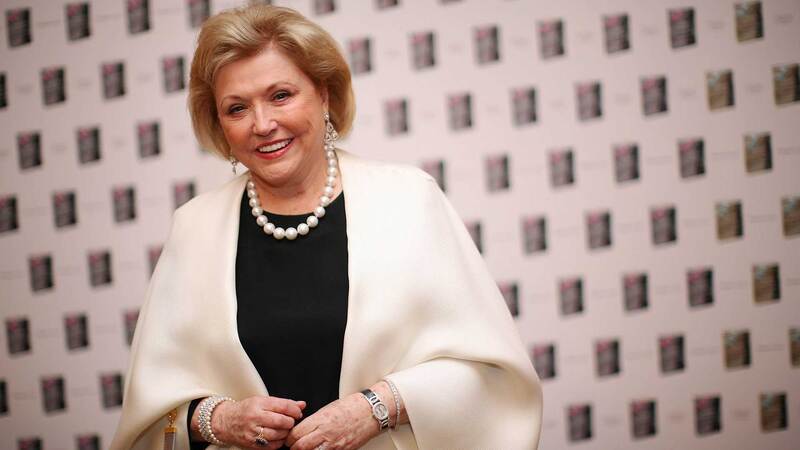You are viewing your 1 free article this month. Login to read more articles.
Books in the Media: Kellaway goes straight to top of the class
This week, it was Lucy Kellaway's memoir Re-educated (Ebury) that caught the critics' attention, picking up mentions in the Observer, the Times, the Telegraph, the Daily Mail and The Bookseller.
For 32 years Kellaway had worked as a columnist at the Financial Times, and was married to David Goodhart, the founder of Prospect magazine, with whom she had four children. Her memoir details how, in her late 50s, she left her old life behind for a new home and a new career as a teacher.
The memoir was selected as an Observer Book of the Week by Emma Brockes, who wrote: "The surprise of the book isn’t that it is good, but how good - and thrilling, and fascinating, and moving. To my amazement, I found myself swallowing hard halfway through the story and remained on the brink of tears for the entire final third."
It was also an Editor's Choice for The Bookseller's Caroline Sanderson, who dubbed it "witty and engaging", adding: "It's an inspiring tribute to the old adage that it's never too late to teach yourself new tricks."
In the Times, Sarah Ditum thought the memoir was "inspiring, insightful and sometimes sharply funny", she adds: "In all her brave uncertainty, it leaves you sure of one thing: if the question is 'Why start again in middle age?', the answer is a resounding 'Why not?'." The Telegraph's Lynn Barber agreed: "Kellaway proves it's never too late to restart your life."
Kellaway also landed an interview with the Times' Julia Llewellyn Smith and a series of extracts ran in the Daily Mail.
Rosemary Hill's Time's Witness (Allen Lane) — a companion volume to 2007 title God’s Architect: Pugin and the Building of Romantic Britain (Allen Lane) — was another standout title this week.
In the Times, John Carey called Hill a "magnificent historian" who "commands a vast range of sources", adding: "Her great strength, as she showed in her witty book on Stonehenge, is that she is not inclined just to laugh at what seem ludicrous beliefs. Rather, she carefully unpicks them, showing what made them attractive to their cultures." Tony Barber agreed in the Financial Times, calling the title "impressive and stimulating".
In children's, The Summer We Turned Green (Bloomsbury YA) by William Sutcliffe was picked up in the Observer by Fiona Noble, who called it a "fresh and funny social comedy with a big heart". In The Bookseller, Noble nodded to the title for a second time, writing: "Sutcliffe is on terrific form in this brilliantly observed social comedy."
The Times' Nicolette Jones called the novel, which focuses on the urgency of environmental action, a "heartfelt, well-observed, gripping family drama, as well as a call to arms".















